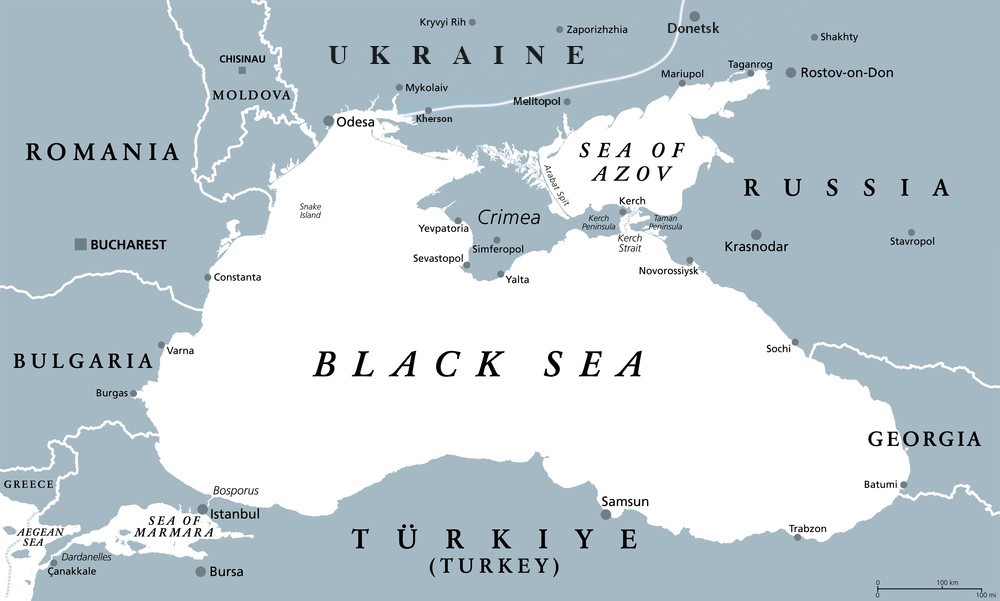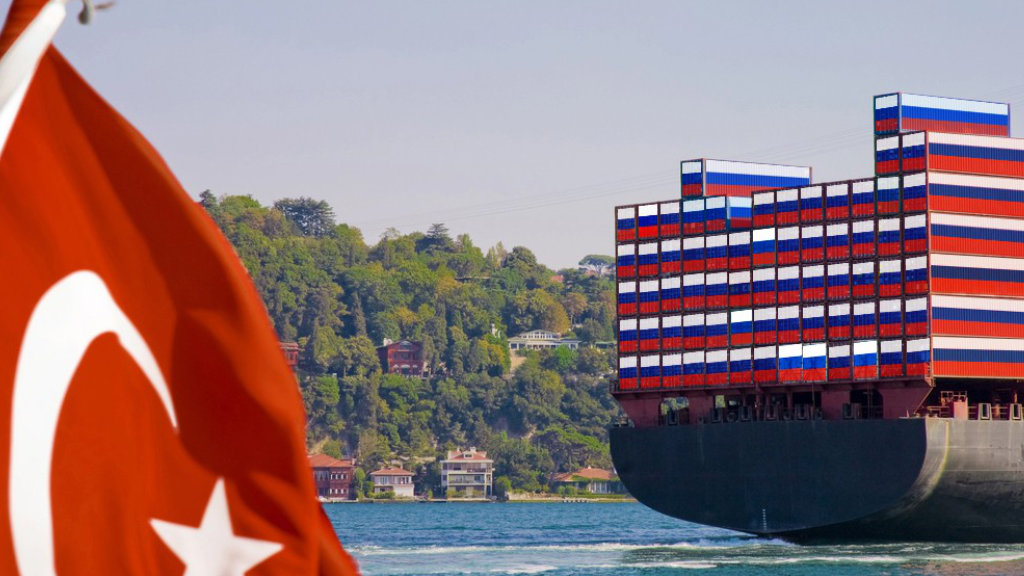Yevgeny Pakhomov, Russia’s deputy director of the international cooperation and foreign trade licensing department at the Ministry of Industry and Trade has said that Russia is interested in creating industrial “points of presence” in Turkey to develop exports and cooperation. He said “We don’t regard points as just manufacturing facilities themselves, but also the creation of trade and logistics infrastructure, various types of warehouses, zones, and port infrastructure. Of course, these points should be created in historical transport hubs. For example, Turkiye is a key transport hub in the Azov-Black Sea basin. This is a clear example of where we would like to create such infrastructure.”
Pakhomov said that Russia is considering creating such points in key countries, each of which would have a tailored format of support from Russia for this purpose, and sees industrial points of presence abroad not only as infrastructure to develop exports but also as a means of creating cooperation chains and strong partnerships with other countries.

“Of course, Russia’s objective is not just to deploy its industry in these countries, but to scale their manufacturing capabilities, and scale their effect. Creating such strong international, industrial, transport, and logistical cooperation with our friendly countries, with our partners will enable us to develop our economies together.”
He said that a new federal project is in the works concerning the creation of foreign infrastructure, saying that We understand very well that it might be difficult for our colleagues to create this industrial infrastructure abroad without the support of the government, and this is exactly the purpose of the new federal project, the objective of which is to lend a shoulder of support to our companies that will enter these foreign markets.”
He also proposed creating a map of industrial facilities and special economic zones in partner countries for investors so they will understand the existing conditions for entering a given market, what preferential regimes it offers, and what can be built there.
“One of our investors’ main problems is that they don’t know very much about our partner countries, don’t know what special economic zones, preferential regimes there are,” and creating a map “will enable our businesses to actively scale their projects, including in other countries,” Pakhomov said.
It was reported earlier that Russia might allocate ₽1.5 billion (US$15.5 million) in 2025-2027 to support the development of logistics and infrastructure abroad. The funding may be provided under the ‘Creation of Foreign Infrastructure’ federal project that is scheduled to be implemented in 2025.
Further Reading
Russia-Turkiye 2024 Relations: BRICS, Black Sea and US$100 Billion Trade Discussions

 Русский
Русский













